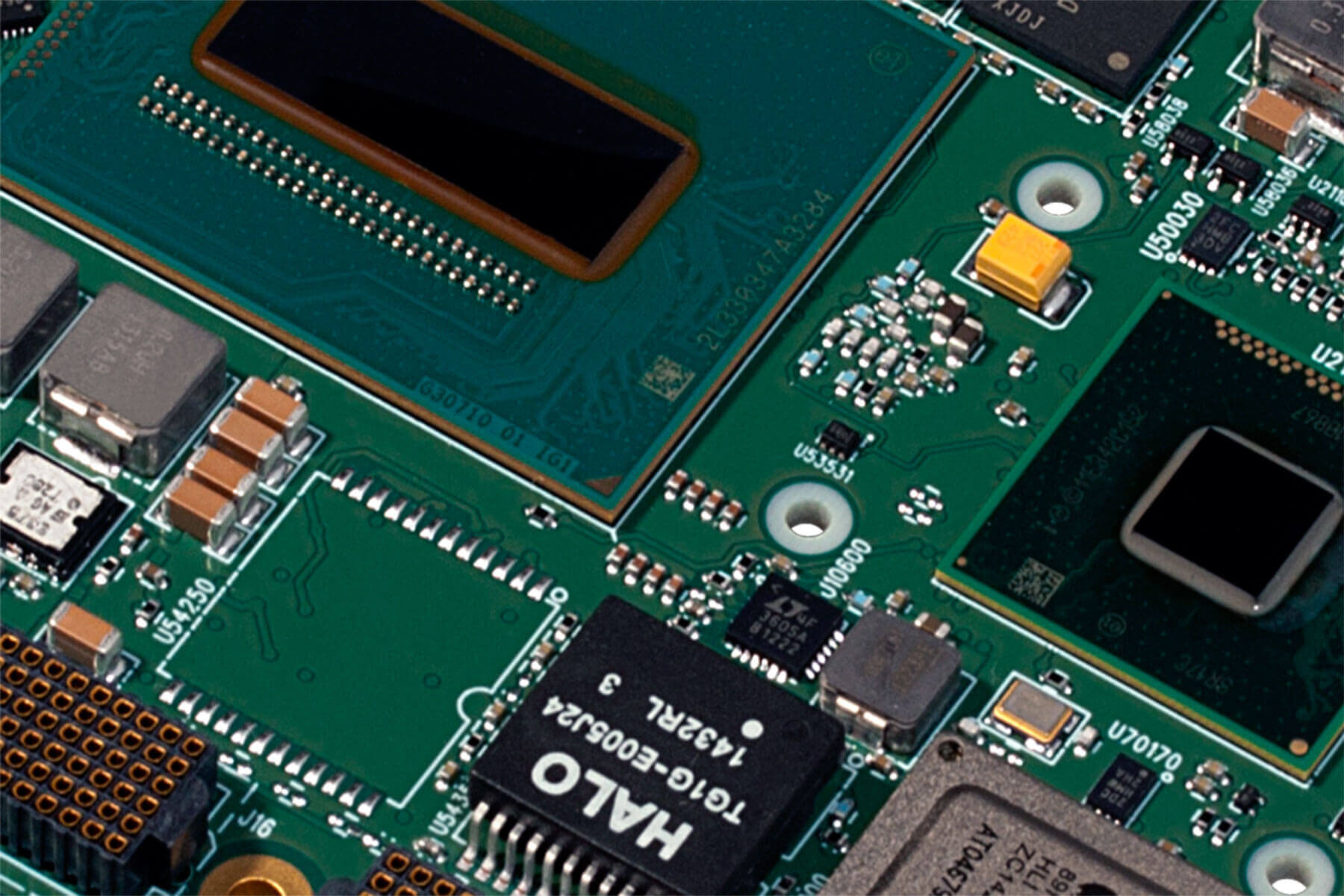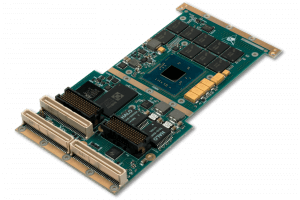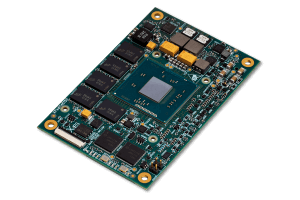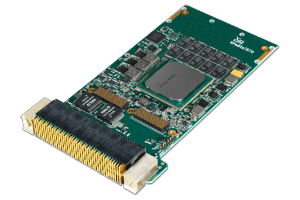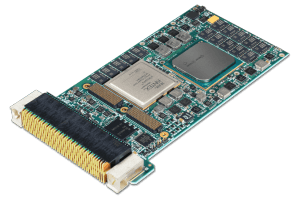coreboot & FSP for Intel
Fast, predictable, minimalistic boot firmware
coreboot is minimalistic boot firmware for a variety of types of processors. On Intel® architecture-based processors, it is an alternative to UEFI and legacy BIOS boot firmware.
While traditional BIOS and UEFI firmware solutions can be used in embedded systems, they are primarily written to be used in common commercial systems such as laptops, workstations, and servers.
This can lead to problems when the needs of the embedded system diverge from those of a commercial system. coreboot provides a base for a fast, predictable, reliable, and efficient boot firmware.

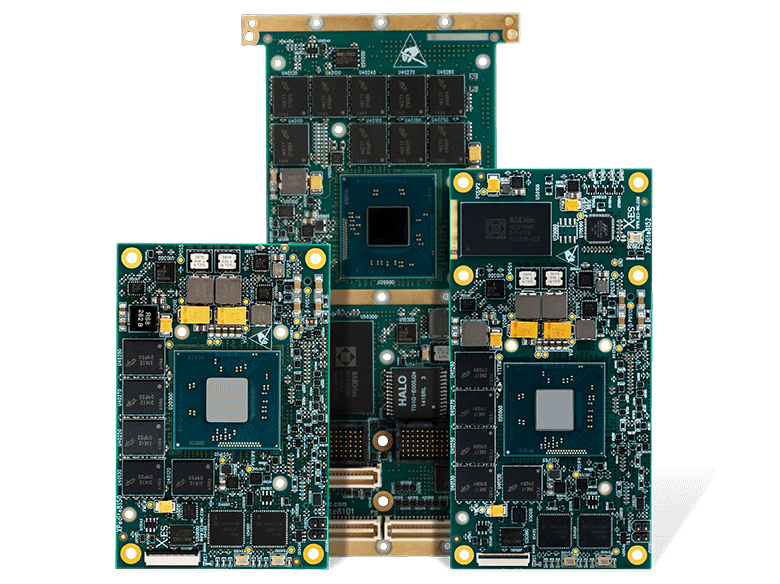
coreboot & Intel® FSP solutions from X-ES
The X-ES coreboot firmware with the Intel® FSP is available as either a standard or optional feature on many of our Intel® processor-based SBCs. Our standard coreboot firmware releases are configured for a balance between boot time and feature support.
X-ES coreboot is a supported, verified, customized, standard x86 BIOS compatible distribution of the Open Source coreboot firmware. This is a corporate-and-community-developed alternative to UEFI and legacy BIOS boot firmware for Intel processors.
Along with the firmware image itself, the X-ES coreboot distribution comes with a development package which includes the source code for all open source components, documentation, and the necessary tools to build the final binary free of license fees and royalties.
Lightning Fast
Reliable, sub-2.5 second boot times on most boards makes coreboot an ideal solution when rapid system initialization is required.
Open Source
As an open source firmware, coreboot does not have license fees, and receives contributions by hundreds of developers annually.
Ultra Secure
The small, simple, and open code base of coreboot and its payloads lends itself to easier security and reliability auditing.
Payload modules provide boot compatibility & flexibility
The coreboot project was designed to perform the minimal hardware initialization required for booting, then pass control to what coreboot refers to as a ‘payload’ to finish the boot procedure.
Various payloads can be built into the boot firmware flash image to do different things, such as boot a specific operating system, run a specific test, or load the services expected from a typical BIOS.
For X-ES’ coreboot implementation, the SeaBIOS package provides legacy BIOS compatibility services and loads the user’s operating system from standard storage devices. X-ES coreboot also includes built-in iPXE, an open source network boot firmware which provides advanced, standards-based network boot options.
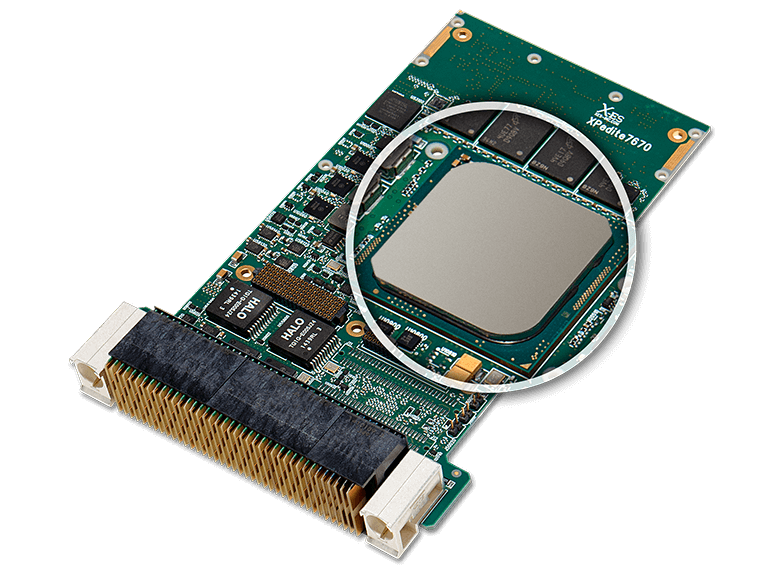
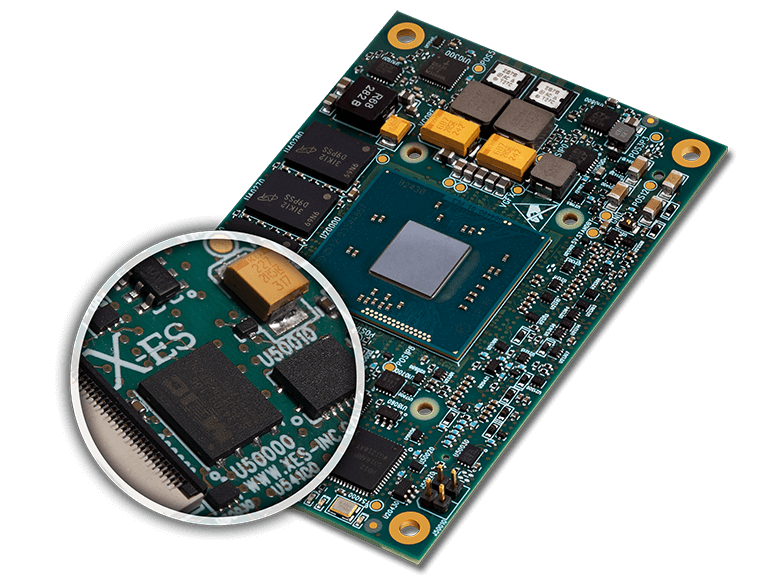
Complex initialization simplified by coreboot
Power-on initialization of modern microprocessors is a complex task that requires software written with specific knowledge of the board they are installed on. Detailed information about the processor and its register sets are required to initialize the processor itself and its memory controller.
Until recently, this information was out of the reach of the typical open source developer without a direct connection to Intel®. With their release of the Firmware Support Package (FSP), Intel® has enabled open source projects, such as coreboot, to support their cutting edge processors.
Featured X-ES Boards that Support coreboot
and the Intel® FSP
XPedite8101
Intel® Atom™ E3800-based XMC/PMC mezzanine module featuring up to 8 GB of DDR3 ECC SDRAM, up to 32 GB of SLC NAND flash, and power-efficient 22 nm technology.
XPedite8150
Extended Mini COM Express® module based on the Intel® Atom™ E3800 series of processors, featuring up to 32 GB of SLC NAND flash and 4 GB of DDR3 ECC SDRAM.
XPedite7670
High-performance, 3U VPX SBC based on the Intel® Xeon® D processor with up to 16 Xeon®-class cores in a single, power-efficient System-on-Chip (SoC) package.
XPedite7674
High-performance, 3U VPX SBC based on the Intel® Xeon® D processor with an integrated, user-configurable Xilinx Kintex® UltraScale™ FPGA for hosting custom security functions.
Advanced Features from X-ES' coreboot Distribution
Building upon the base of coreboot, X-ES has incorporated numerous features to meet the needs of our customers. Operating in a fully write-protected system or adjusting the boot flow based on non-volatile configuration, GPIO, or by external device reads are all possible.
In addition, a minimal Linux image is included in the boot firmware to provide a familiar, user-friendly and powerful Command Line Interface (CLI) to the user when system diagnostics are required.
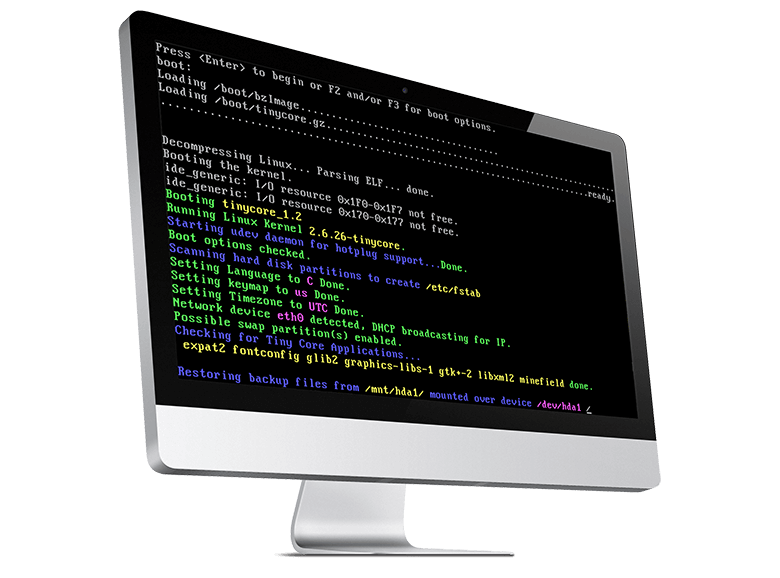
Optimized Execution for Near-Instantaneous Boot
The execution time of the boot firmware can be optimized by customizing coreboot and its supporting components. Stripping out unnecessary support for hardware or software can reduce the boot time.
In some cases it is possible to embed either the entire application, or just part of it, directly into the boot firmware to skip the initialization delays associated with common mass storage devices.
Simple & Agile Codebase for Maximum Performance
The small, simple, open code base of coreboot lends itself to easier security and reliability auditing. Unused code can be removed to further reduce the code size. Unlike more complicated boot firmware solutions which rely on journaling non-volatile storage to track each boot (resulting in significantly different code paths on each boot), coreboot follows the same code path on each execution.
Another benefit of coreboot’s usage of build-time configuration is that the firmware image can be configured to boot exactly as the application requires on the first time, without requiring a technician to navigate configuration menus. This leads to a simpler, more consistent and reliable manufacturing, provisioning, and sanitization process.
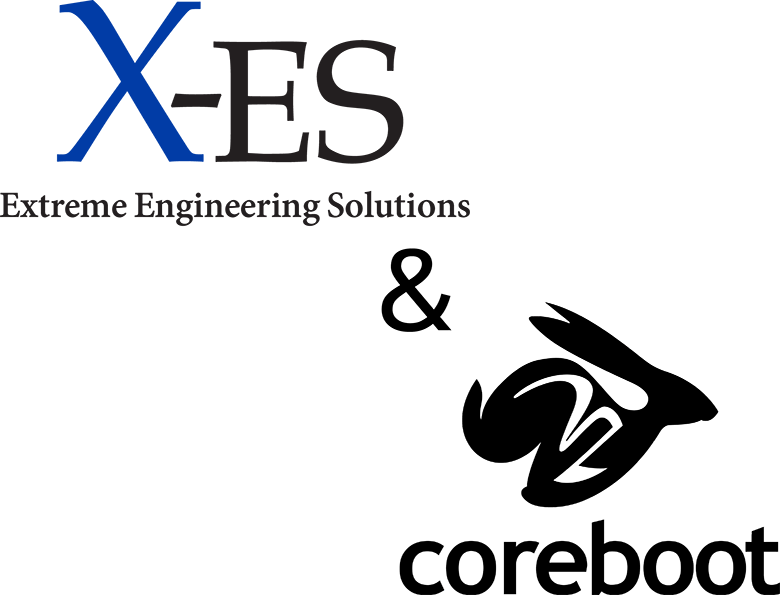
X-ES & the coreboot Firmware
X-ES provides coreboot solutions for a variety of X-ES single board computers and processor mezzanine products, enabling impressive sub-2.5 second boot times.
X-ES is able to provide support, expertise, development services, and training to assist in customizing the boot firmware on X-ES products to meet the exact needs of the customer’s application.
Speak to one of our product experts today to learn more about how coreboot can be supported in your project.
